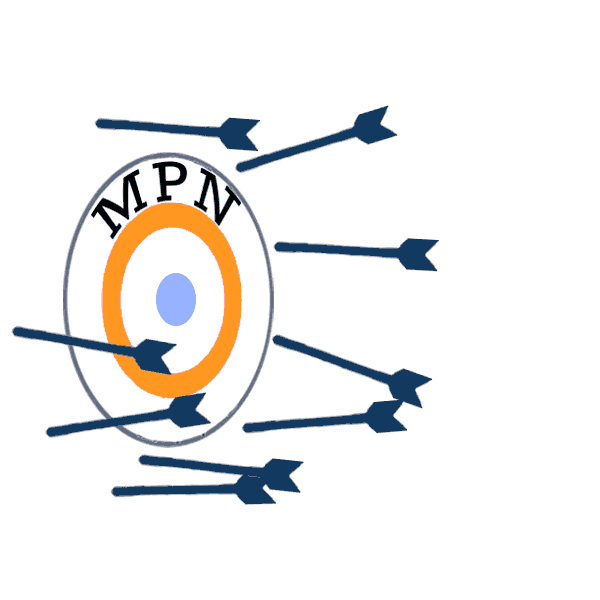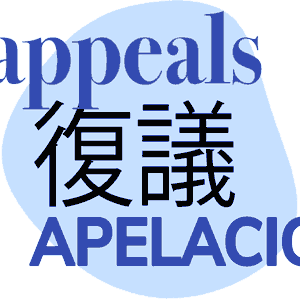CCSF Sends Corrected Payments to Providers

No one knows better than daisyBill how much payment abuse California workers’ comp providers endure.
This is why our hearts blossom when claims administrators and their vendors collaborate to ensure providers get precisely what they’re owed—even when it takes a substantial coordinated effort.
This week, the City and County of San Francisco (CCSF) is finalizing additional payments to daisyBill providers after failing to apply a recent fee schedule increase. That’s largely thanks to CCSF’s impeccable leadership and the work of bill review service Allied Managed Care (AMC) and its software vendor, CompIQ.
Not for the first time, this trio took rapid action to rectify payment errors after daisyBill raised the alarm. Kudos to all three entities for taking their obligations to providers seriously and working with us to ensure providers can continue treating injured workers in a financially sustainable way.
Compare CCSF with Third-Party Administrator (TPA) Sedgwick. Sedgwick made the same fee schedule update error, resulting in thousands of providers receiving improperly reduced reimbursements. When providers filed Second Review appeals requesting correct payment, Sedgwick improperly denied many of them as "duplicate" bills.
This highlights a stark disparity between Sedgwick and CCSF’s leadership. One company regards state fee schedules as discretionary and ignores improper reimbursements. The other recognizes providers as integral to injured workers' recovery and prioritizes reimbursement compliance.
AMC, CompIQ & CCSF Get It Done
As is often the case, multiple claims administrators dropped the ball on an update to the Physician Fee Schedule that increased reimbursements effective April 1 of this year.
In late May, daisyBill contacted AMC, which conducts bill review on behalf of CCSF, to inform AMC of its failure to apply the correct reimbursement rates for dates of service on or after April 1.
Within two days, AMC informed daisyBill that it was working with its bill review software partner, CompIQ, to properly reimburse providers. This undertaking involved AMC, CompIQ, and TPA Intercare, which administers claims for some CCSF departments while CCSF self-administers others.
In other words, the problem was relatively straightforward, but the solution had several moving parts that had to work in concert. Nevertheless, within a week of daisyBill’s first outreach, AMC reported that CompIQ loaded the updated fee schedule into its systems.
In response to a deluge of Second Review appeals to dispute the initial underpayments, CCSF has sent the additional payment owed for 70% of the Second Review appeals, and the remaining payments are reportedly on their way.
Cooperation = A Better Workers’ Comp System
Frankly, this story represents the kind of proactiveness and competence we’ve come to expect from CCSF, the leadership of which has consistently proven responsive, decisive, and dedicated to making the system work more efficiently for all stakeholders. In this public employer, daisyBill has found a partner in good-faith efforts to help providers and injured workers.
We are also consistently impressed by CompIQ, which has repeatedly demonstrated a penchant for delivering solutions when one of its clients (or its clients’ clients) is out of compliance.
Meanwhile, Sedgwick improperly denies Second Review appeals disputing the same payment error (i.e., failing to apply the April 1 fee schedule update)—as California’s Division of Workers’ Compensation looks on in perpetual impotence.
It is clear that adhering to fee schedules, managing complex Electronic Data Interchange requirements, and—perhaps most importantly—taking responsibility for errors is not too much to ask. Claims administrators and payer-side entities like CCSF, AMC, CompIQ, and acūrrō Solutions do it daily.
Why are some companies allowed to shirk their most basic obligations to providers, especially when others do the work required to stay compliant?
Regardless, on behalf of the thousands of providers who use daisyBill, we are sincerely grateful for the good-faith efforts of companies who do the right thing, even when regulators fail to uphold their own regulations.
daisyBill makes treating injured workers easier, faster, and less costly. Request a free demonstration below.
REQUEST DEMO
DaisyBill provides content as an insightful service to its readers and clients. It does not offer legal advice and cannot guarantee the accuracy or suitability of its content for a particular purpose.





.gif)